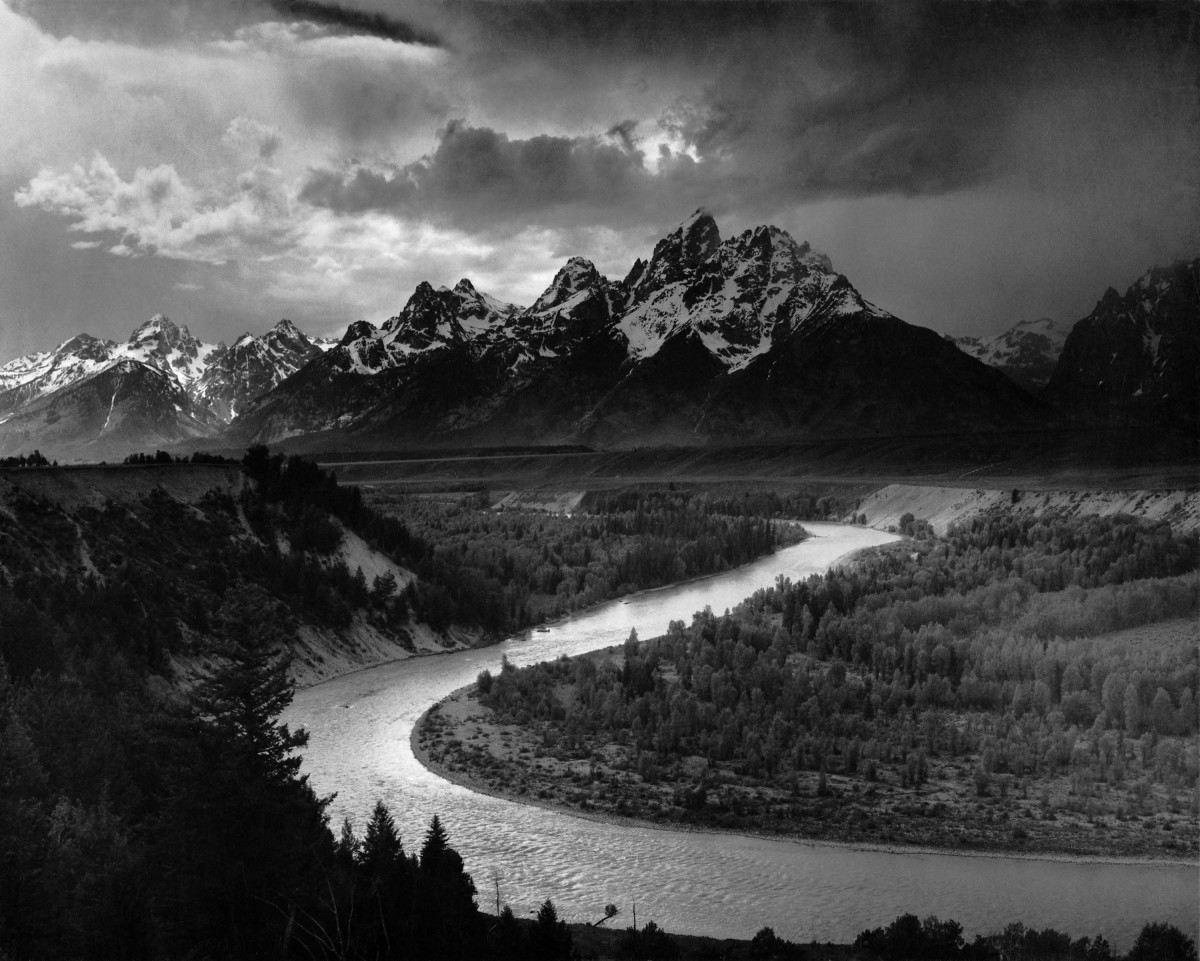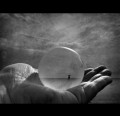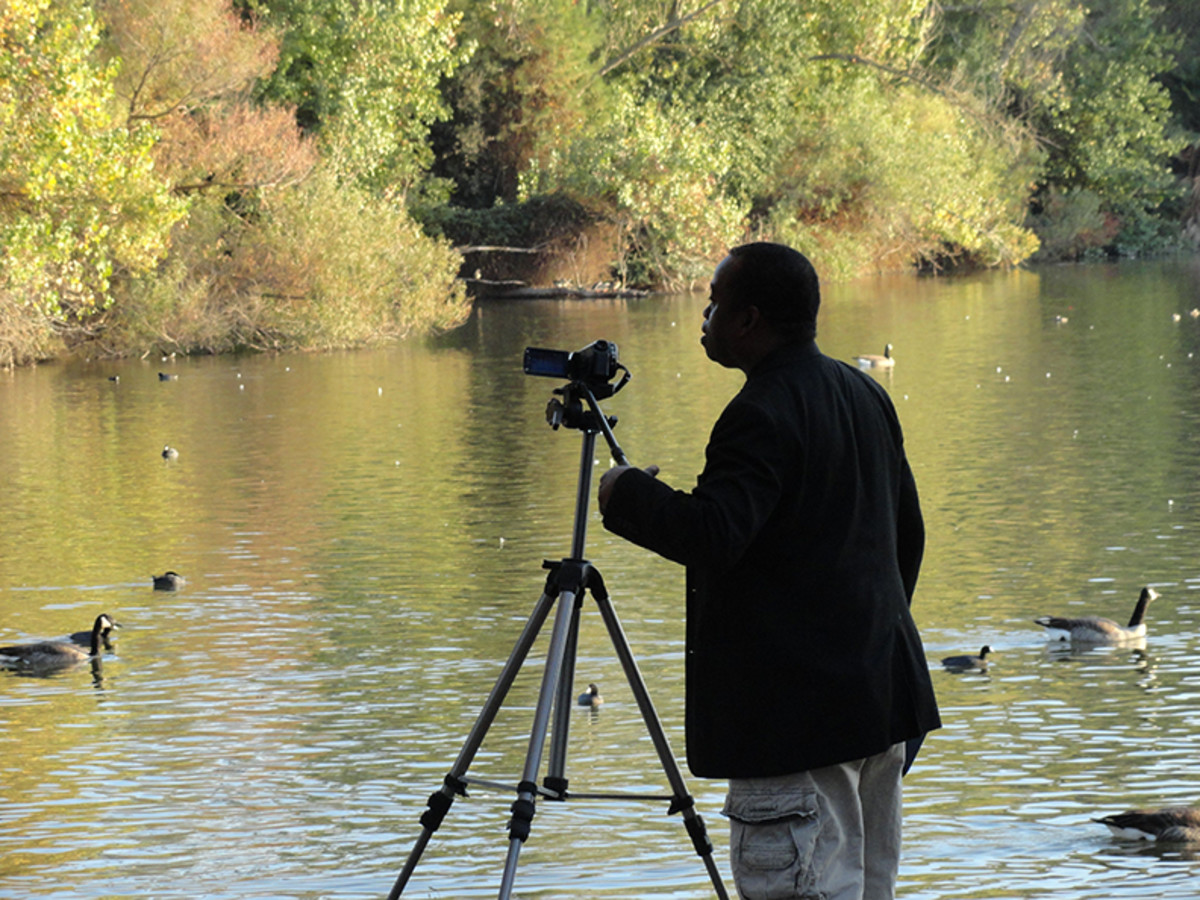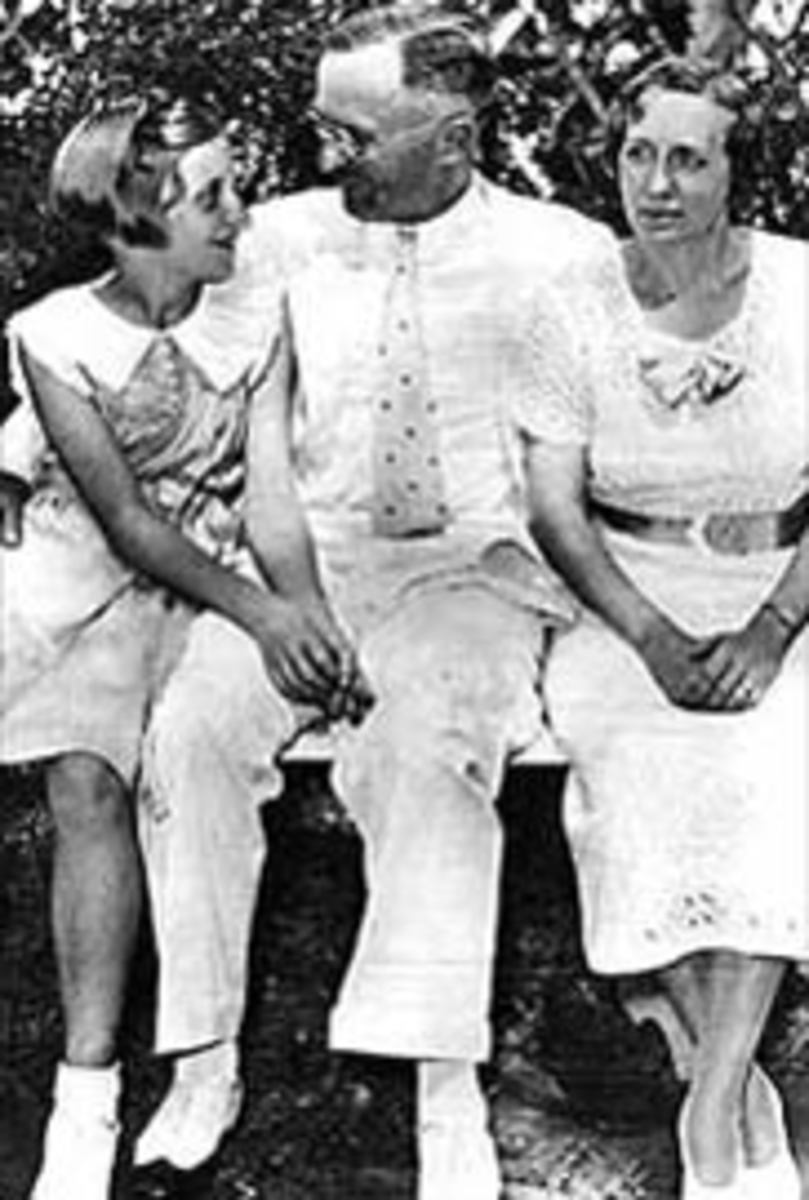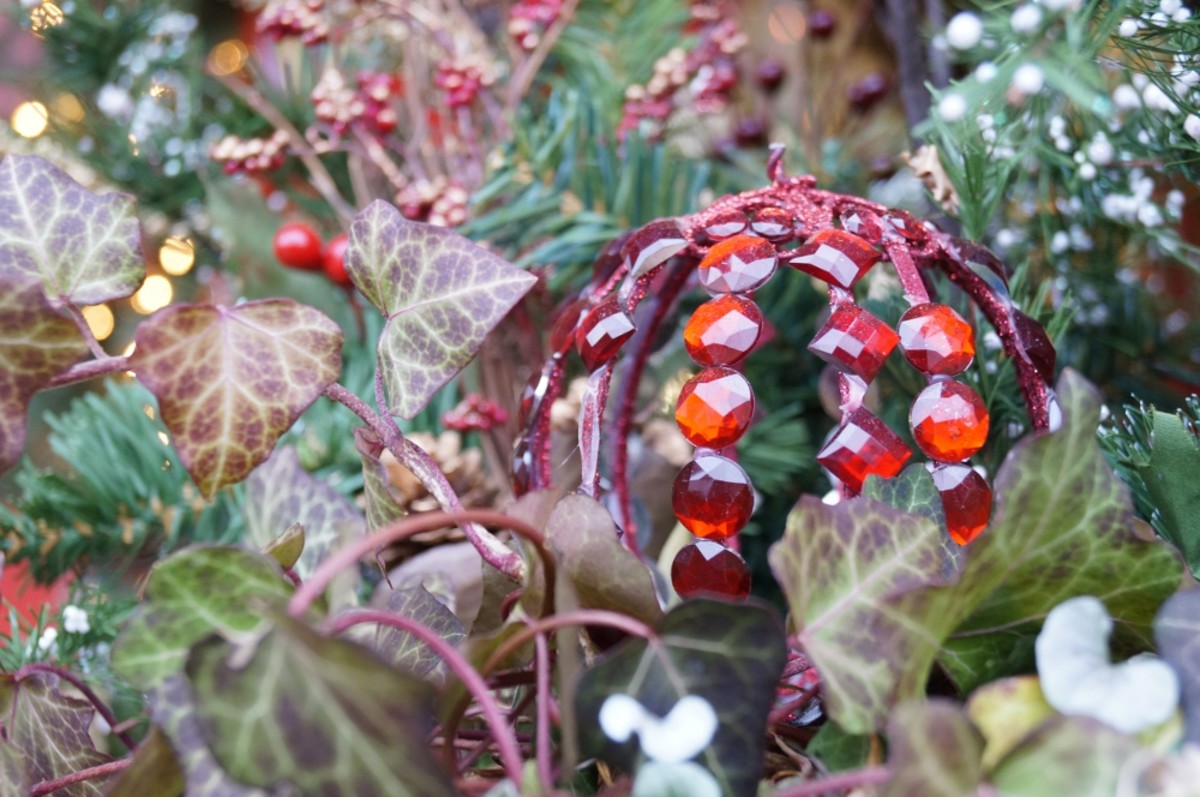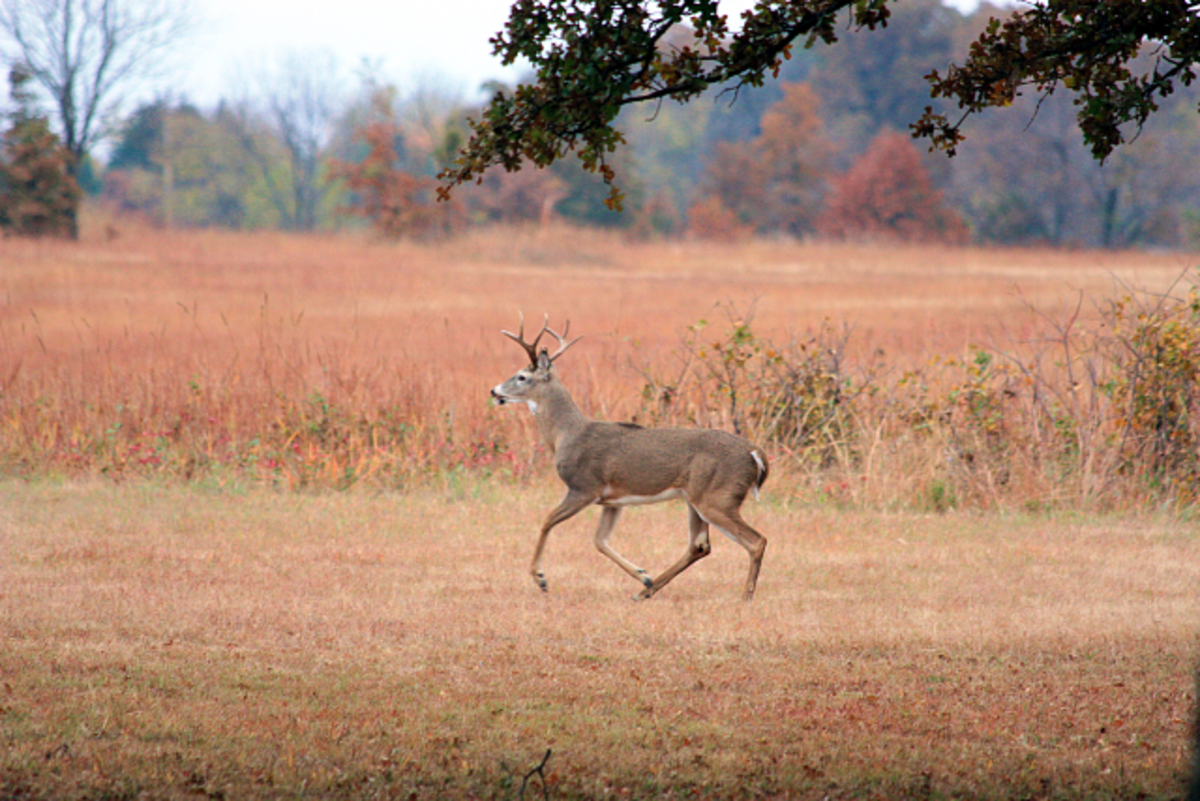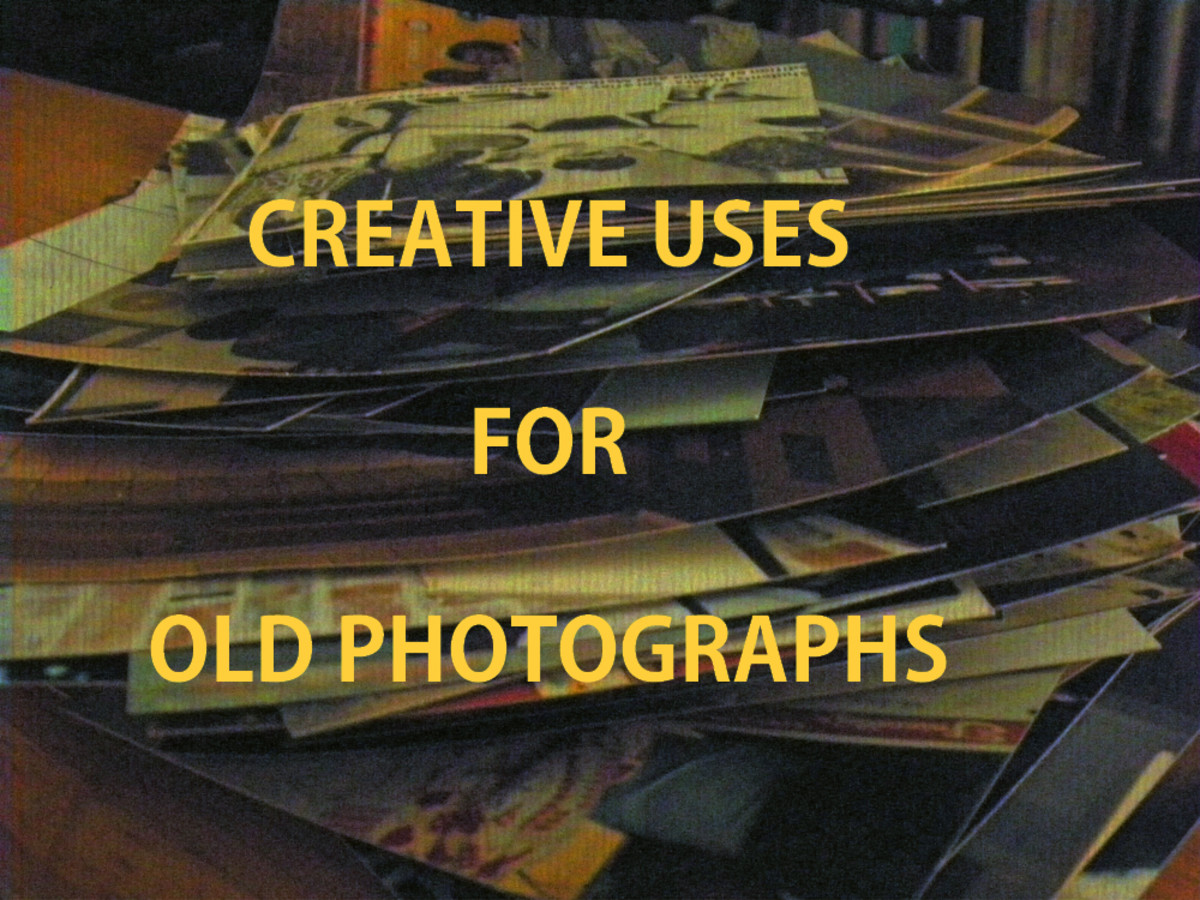How to be an Event Photographer
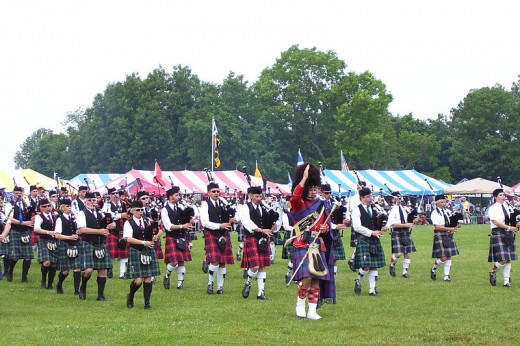
"Event photography is a vast subject and an interesting area of photography. It is a specialized kind of photojournalism. There are different types of events needing specific skills and/or equipment.
- corporate events
- conferences
- private events
- artists performances
- private concerts
- team building
- group photography
- dinners
- sports events "WIkipedia
The most common event photography that can offer a regular job is often found at conferences. Many business count on having a good and varied representation of their events for many purposes, especially for public relations, marketing and advertising campaigns.
-
"During conferences, customers usually expect detail portraits of the speakers. You need to take a relatively large number of pictures to be sure to get a good one. The speakers have by definition a moving face and you will need a few shots to get the "right" expression on their face. Depending on the quality of light and the distance to the podium, use flash or not. A good configuration is typically a 70-200VR/IS 2.8 lens and a powerful flash to be able to shoot from a distance. Don't forget that you might disturb the speaker and/or the public and select the right moment to take your pictures.
Types of pictures people expect:
- portraits of the speakers
- the crowd (entering/leaving)
- details/mood
- overview (screen+speaker)
- "party" shots typically if there is a cocktail/walking dinner after the conference
- the building/entrance
- the registration" Wikipedia
Basically anyone who owns some decent photographic gear will at some time or another be asked to take pictures of an event. It may be a party, a meeting, a celebration or any number of other events.
This is probably the easiest way for a photographer to make some money and get to be known by others as a "photographer". With some knowledge about events, what people are looking for and some clever marketing you can learn how to be an event photographer.
This is probably the most overlooked photography job. Many photographers with professional aspirations will often forgo these types of jobs because they do not seem to fall under their mindset as a real photographic job.
What is often overlooked is that this can pay around $15 to $18 per hour and because it is an event and the participants are usually doing something else besides paying attention to the photographer, it also offers the most freedom to whomever is taking the pictures.
Do a quick search of photographic jobs and you will probably not fail in seeing several postings that fall under this category.
What is also good about the "job" is that most offerings only require about three to five years of photo experience.
If you have had a camera and have been taking photographs for a while, have some sort of portfolio, you are very likely to fit the category and should not miss the opportunity of getting a good paying job even if it is for a few hours.
Many professionals started doing something similar before they developed into the professionals that they are today and became specialists in any number of fields.
For this type of assignment there are very few required tools such as at least two camera bodies (in case one fails) a flash unit, a zoom and a regular lens, maybe even a tripod but this will impede your mobility.
In a way you should try to blend in as much as possible unless you are doing staged shots, since it is usually better to capture candid moments of the event.
The same is not true for other events like parties. On these try to be visible and let people see how you work and how professional you are. Having visibility keeps you(and your work) in the client's mind.
With that said, keep in mind that you are shooting for a client and the pictures are expected to be flattering, candid but nevertheless pleasing.
Nobody wants ugly pictures of themselves and certainly not any commercial enterprise.
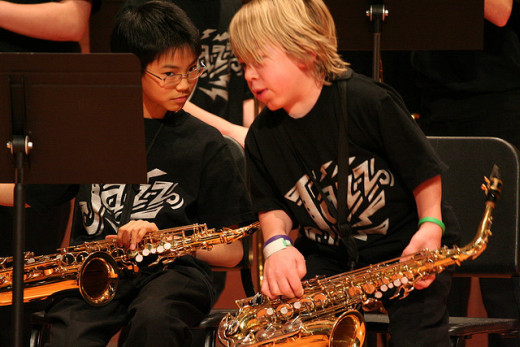
Do you believe that you would be a good event photographer?
Even though your location and subject selections are somewhat limited since you do not have control in planning the event you should still do at least one walk through the venue.
Explore different angles, perspectives. Look for good light situations as well as unusual ones and plan your shots accordingly.
It is also good to know who the main players will be and to discuss at length what the client is expecting from you.
Go into the event with an idea of how you want the shoot to proceed and some expectations about the set up.
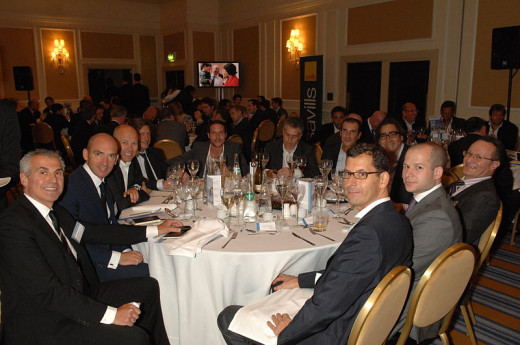
“Some of the best events I hear about are ones where parents can’t get any good shots so they need you, ones that nobody really shoots because it’s not the “big event” like the big football game and what not. Cheerleading, gymnastics, swimming I keep hearing about doing very well.”- Mike Janes
This is a business and you should approach it as such. Take many shots of people but do make a concerted effort to take close ups that show emotions, that's what the zoom is for.
Keep in mind that not all events have to be corporate ones. Do not overlook family events like the kids soccer game, a graduate's recital or cheer-leading try outs and little league or pet shows etc.
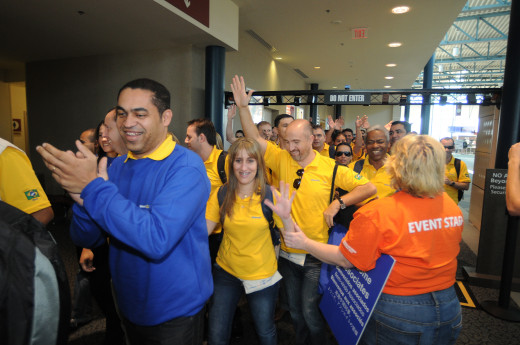
Even with small family events, do your best to capture the essence of the festivity.
Recording images that show personal reactions, the entrance to the event, the set up, individuals, the stage or the cake, the food and general pictures showing a group of people are staples of this theme. In other words, individual scenes and general ones should make the bulk of your presentation.
Do your best to go out of your way to make your images stand out. Avoid taking pictures or at least too many of them that just show a large gathering with no recognizable faces or emotions.
Remember that if your images are more of the same then you are doing the same thing that anyone with a camera can do and you just become one more person with a fancy camera.
You run the risk of clients looking at your pictures and saying " I can do that and I don't need a photographer for that".
One last thing, if you can have the ability of printing on site or transferring to DVD's, then you now offer instant gratification to potential clients while the memory is still fresh and the excitement level remains high.
- 8 Best Business Practices for Event PhotographersPhotoShelter Blog
Daily discussion of photography business issues & photography websites. Marketing and sales tips for smart photographers, plus a dose of inspiration from the PhotoShelter team.
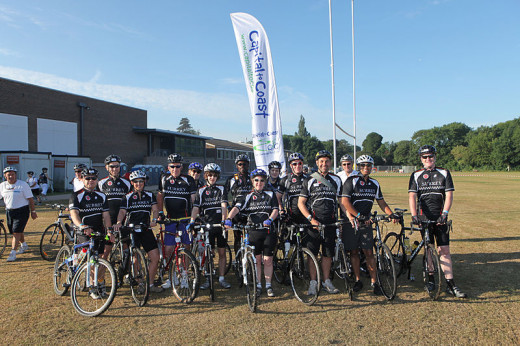
© 2014 Luis E Gonzalez

![Adobe Photoshop Elements 2018 [Old Version]](https://m.media-amazon.com/images/I/51AQ4wl7eOL._SL160_.jpg)

